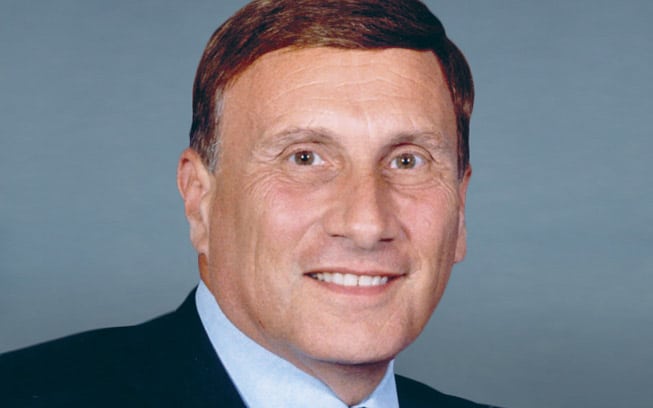One veteran congressman has introduced a bill aimed at reducing the amount passengers pay to check baggage, though the airline industry’s largest trade group called it nothing more than a transparent effort to gain support for an increase to passenger facility fees that help pay for airport infrastructure projects.
Congressman John Mica, chairman of the House Transportation Oversight Subcommittee, this week introduced the Baggage Fees Fairness Act, which would slash the price airlines charge consumers to $4.50, the same cap placed on passenger facility charges for more than a decade.
“What’s good for the goose is good for the gander,” says Mica, R-Fla. “It’s time to bring some fairness to the soaring fees that airlines are charging consumers for basic services. This is fair and equitable since airports have been held to that fee level for handling passengers at the same $4.50 limitation by law for the past 15 years.”
In a statement, Airlines for America called the move a “misguided attempt to increase the passenger facility charge that the airports would like to needlessly increase by 90 percent.”
The organization added that airlines support infrastructure investment, as evidenced by having spent $70 billion on projects that are either completed, underway or approved at the largest 30 airports in the U.S. since 2008.
“Congressman Mica knows well that the government stopped dictating air travel pricing back in 1978, when it cost nearly 61 percent more (adjusted for inflation) for people to fly than it did last year,” according to the statement. “What’s good for travelers is to not nearly double the tax they pay to step foot in an airport when airports have more than enough resources to invest in infrastructure today. That is why airports can’t point to a single project that’s not moving forward due to a lack of resources.”
Airports want to increase the PFC cap to $8.50 as part of the next reauthorization of Federal Aviation Administration funding. The current bill expires at the end of September. There has been talk among many leaders that the upcoming proposal should include some transformational changes in a number of areas, including the way infrastructure projects are funded.
The House had been expected to unveil its version of a reauthorization bill in early July, but Republican leaders opted instead to delay its introduction until at least September.
Industry observers say the delay increases the likelihood that there will be at least one extension of the current bill. That bill passed in 2012 after 23 temporary extensions of the previous bill, which had originally been scheduled to expire in 2009.
Todd Hauptli, president and CEO of the American Association of Airport Executives, says that although Mica’s bag fee cap proposal may have some broad popular support in Congress, the bigger picture still involves an increase to the PFC.
“My sense is the legislation is trying to make the broader point that the passenger facility charge has been capped at $4.50 for far too long,” he says. “The right thing to do is to modernize the PFC by increasing the cap to $8.50 and index it to inflation so that airports can build runways, terminals and gates to increase competition and better serve their communities.”






